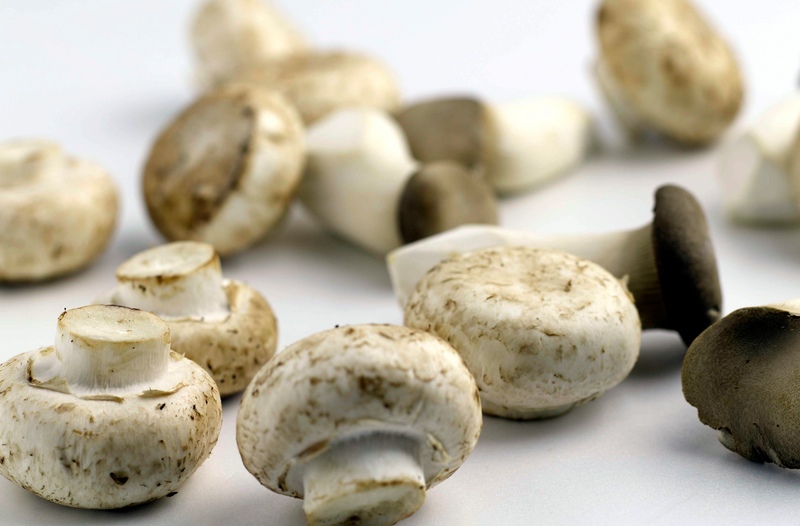FRIDAY, March 25, 2016 (HealthDay News) — A couple’s risk of miscarriage may rise when the woman or man consumes more than two caffeinated drinks a day in the weeks leading up to conception, a new study suggests.
Risk of miscarriage also may increase if the mother-to-be drinks more than two caffeinated beverages daily during the first seven weeks of pregnancy, the researchers found.
Caffeine has been linked to greater risk of miscarriage before, but what is new in this study is that men’s caffeine consumption also appears to play a role, said Janis Biermann, senior vice president for education and health promotion at the March of Dimes. Biermann was not involved with the study.
And the degree of risk was similar for both sexes, the study authors said.
“Behaviors before pregnancy can impact pregnancy,” said Biermann. “When you are planning a pregnancy, it’s a good time to get your body ready — reduce your consumption of caffeine, get to a healthy weight, don’t drink alcohol and see your doctor for a checkup.”
The new research also found that women who took a daily multivitamin before conception and through early pregnancy were less likely to miscarry than women who did not.
The study doesn’t prove that caffeine causes miscarriage, only that there appears to be an association, said lead researcher Katherine Sapra, a postdoctoral fellow at the U.S. National Institute of Child Health and Human Development. “This is an observational study, so we can’t prove cause and effect, but we are confident of these findings,” she said.
If you are trying to get pregnant, and “you are going to drink caffeinated beverages, keep it to fewer than three a day,” said Sapra. Two cups of coffee is a “generous” amount, she added.
A standard cup of coffee is about 8 ounces. The March of Dimes recommends women limit themselves to only 12 ounces of coffee a day, Biermann said. “But caffeine is not only found in coffee,” she added. It’s in tea, colas, chocolate and energy drinks.
The reason caffeine is linked to miscarriage is not known, Sapra said. Caffeine may turn off certain genes in the sperm or egg, but that’s only speculation. It’s possible that caffeine is associated with other factors that were not uncovered in this study, she added.
The report was published online March 24 in the journal Fertility and Sterility.
The researchers used data from a study conducted in Texas and Michigan between 2005 and 2009. That study examined the relationship between fertility, lifestyle and exposure to environmental chemicals.
The investigators compared lifestyle factors such as smoking, caffeinated-beverage consumption and multivitamin use among expectant couples, from the weeks before conception through the seventh week of pregnancy.
Of 344 pregnancies, 28 percent ended in miscarriage, according to the report.
The risk for miscarriage nearly doubled for women 35 and older, the researchers found. Possible explanations for that include the greater age of sperm and egg in older couples or longer exposure to environmental substances, the authors said.
In addition, male and female consumption of more than two caffeinated drinks a day was associated with about a 74 percent greater risk of miscarriage, Sapra said.
As for the protective effect of vitamins, the study showed that women who took multivitamins through early pregnancy had a 79 percent reduced risk of miscarriage.
“If you are trying to get pregnant, women should take a multivitamin every day to reduce the risk of miscarriage,” Sapra said. This is in keeping with the March of Dimes guidelines for a healthy pregnancy.
More information
For more on having a healthy baby, visit the U.S. Centers for Disease Control and Prevention.
Copyright © 2026 HealthDay. All rights reserved.

